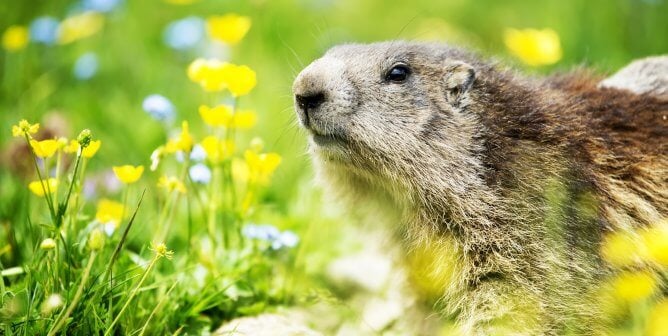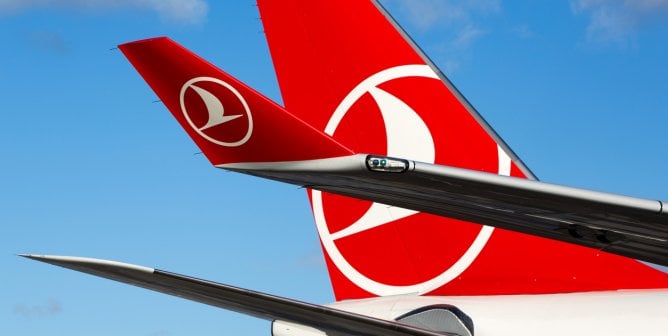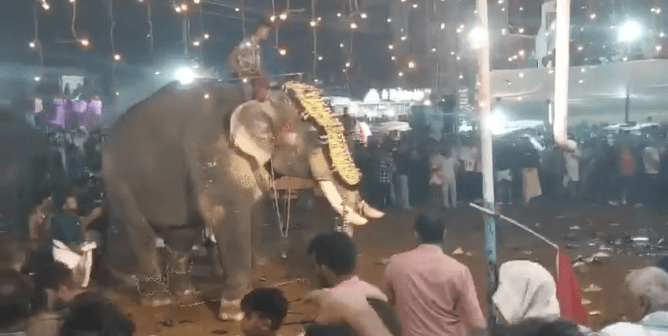Over the span of two months, PETA went undercover into the world of pigeon racing in the United Kingdom and discovered widespread alleged illegal activity and deadly outcomes for hundreds of thousands of birds. PETA investigated all the major pigeon-racing organizations in the U.K. and documented British pigeon races in the Channel Islands, France, and Spain. Below is a summary of the key findings and what you can do to help pigeons now.
The National Flying Club (NFC) is the largest pigeon racing club in the U.K., and at its feature race, on September 1, 2012, it released more than 5,500 pigeons from Fougères, France. The birds had to find their way through France, across the English Channel, and back to the U.K., but only 622 pigeons reportedly made it home. The NFC chair called this race “disastrous.” Some of the many birds who were presumed to have died during the race were from Queen Elizabeth II’s own racing loft.
Crossing the channel is one of the major dangers facing pigeons released outside the U.K. for British races. The channel can be 150 to 200 miles wide at some crossings, and the birds cannot see land on the other side to use as a navigational reference point. Many pigeons, especially young birds, fear flying over water and will try to avoid it unless there is no alternative. If birds become exhausted or injured, there is no place for them to land except on the water, and most birds don’t survive touching down in the sea. Pigeons are known to fly close to the surface of the water to avoid winds at higher altitudes, which puts them at risk of being swept under by the waves. The casualty rate over the channel is so high that many racers refer to it as the “graveyard.”
But crossing the channel isn’t the only cause of the massive death rate for birds forced into racing—they also succumb to storms, exhaustion, disorientation, starvation, predation, and collisions with power lines. So many pigeons were lost in an inland area of England in 2012, that it was coined the “Birdmuda Triangle.” One leading pigeon racer was recorded admitting that a “hell of a lot of pigeons have gone missing … the last few years has gotten worse. We’re all guessing to be honest with you.” Prominent pigeon-racing veterinarian Dr. David Marx, D.V.M., dispelled the myth that most lost racing pigeons can survive in the wild: “A lot of people will say [pigeons who do not return from races] can take up with commons and have a chance at staying alive. I think that chance is quite remote. The number of banded pigeons that end up with common flocks is very low. Most racing pigeons aren’t able to fend for themselves, and they starve to death.”
The most infamous race for British pigeons is the Barcelona International race, which starts in Spain. The birds must fly anywhere from 650 to 900 miles in order to make it back to their home lofts in the U.K. John Tyerman, president of the British International Championship Club, wrote that “the channel is a dreadful last hurdle for tired pigeons having to face 100 plus miles of open sea, when nearly home after 600 plus miles.” In the Barcelona International, British birds cannot make it over the channel the same day as the release (the start of the race) and must find shelter before crossing, which leaves them even more vulnerable to dangers in the wild.
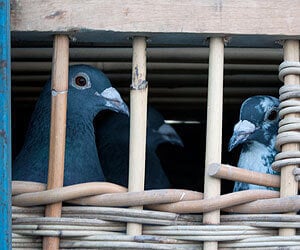
For races such as the Barcelona International, to get to the release point, pigeons are crammed into cages of 20 birds or more in the U.K. and trucked for up to seven days to the Mediterranean coast of Spain. British birds are then released along with tens of thousands of others from throughout Europe, with whom they may exchange viruses and infections while trying to make their way back to their home country. These races are conducted without veterinary examinations or health checks, and no effort is made to determine whether the birds may have contracted any illnesses while being transported to the release sites.
After the pigeons are released at the start of the races, tens of thousands of these birds may be lost for weeks, exposed to diseases on foreign soil and foreign farms such as avian flu and Newcastle disease. Some of these lost birds who manage to survive and later attempt to fly back to the U.K. put human and animal populations at risk.
Pigeons are highly intelligent—testing higher than dogs and some primates on intelligence tests—and are doting parents and loyal mates. Pigeon racers exploit these qualities to the hilt. They employ a number of cruel “motivational” techniques to make the birds fly faster. For example, they separate lifelong mates and even place rivals in the cages to make the pigeons fly desperately home in what is ominously called the “widowhood method.” They also forcibly remove parents from eggs and babies to make the parents fly home faster to protect their young.
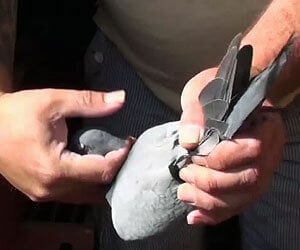
For those birds who do make it home, there is no guarantee of a happy ending, because of the widespread practice of culling. After the races are over, most of the pigeons who did not finish in the money or aren’t kept for breeding are deemed useless and are “culled” (killed) by having their necks broken, being drowned, or being gassed with car exhaust. Our undercover video shows a man as he breaks a bird’s neck with his bare hands and then leaves the bird, whose wings are still flapping, to die slowly inside a bag. During PETA’s investigation of pigeon racing in the U.S., one racer told PETA’s investigators that the “first thing you have to learn” in pigeon racing is “how to kill pigeons.” A pigeon’s natural life span is about 20 years, but in pigeon racing, only a small percentage will make it to the age of 4.
Betting is the driving force behind pigeon racing in the U.K., and millions of pounds are bet per year on the races. None of these clubs has the licenses required by the Gambling Act, so their betting on the deadly “sport” is illegal.
PETA’s 15-month undercover investigation into some of the largest pigeon-racing operations in the U.S. revealed similar cruelty and illegal conduct, resulting in felony gambling charges against three race organizers in Oklahoma, including the executive director of the national American Racing Pigeon Union. PETA’s investigation of ocean pigeon races in Taiwan led to the prosecution of 239 racers and organizers, six of whom served time in prison. Pigeon racing is a blood sport no matter where it takes place.
Please ask Taiwanese officials to prosecute any violation of its Animal Protection Act in these deadly pigeon races.


